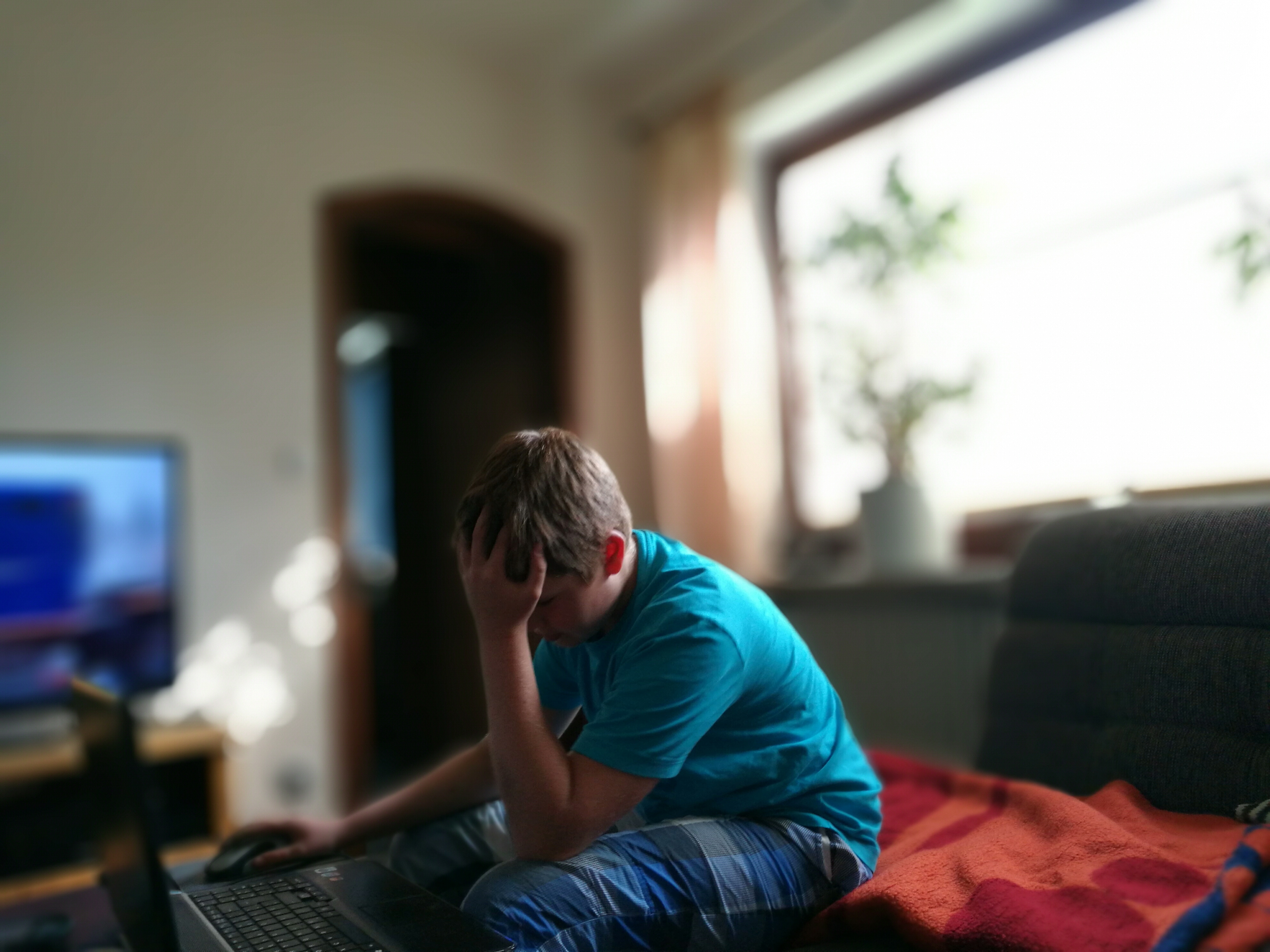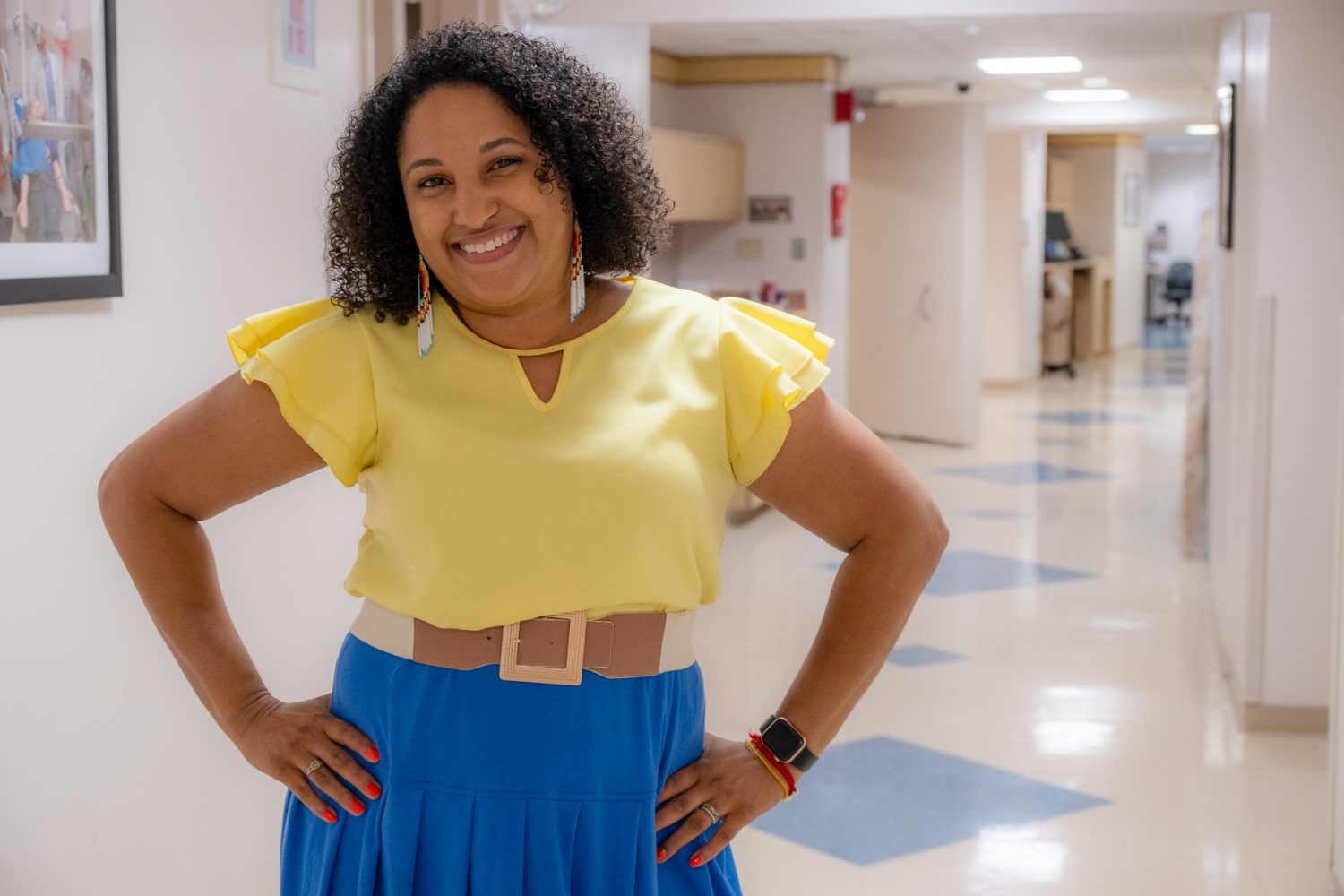Nine of 10 LGBTQ adolescents have at least one experience of bias-based bullying, according to a new study published in the American Journal of Preventive Medicine (PDF) by researchers at the Rudd Center for Food Policy and Obesity at the University of Connecticut. This number – 91% of those surveyed – is more than double estimates from previous studies with predominantly heterosexual youth.
By the time they reach middle school, sexual and gender minority (SGM) adolescents are at heightened risk of suicide, depression, sleep troubles, and eating disorders. These health consequences often stem from the distress of being stigmatized for their sexual and gender identities. Based on this knowledge, researchers wanted to learn whether being mistreated for other reasons (such as their weight, race/ethnicity, religion, disability status) also contributes to their health.
“When considering approaches to reduce health risk, we need to better understand the wide range of bias-based bullying experienced by SGM adolescents,” says Leah Lessard, postdoctoral fellow at the Rudd Center in the Department of Human Development and Family Sciences in the College of Liberal Arts and Sciences and lead author of the study. “Given that multiple forms of bias-based bullying can worsen negative health behaviors, it is critical to understand how school-based interventions, such as Gay Straight Alliances (GSAs), may be able to reduce targeted bullying.”
The study reports findings from the LGBTQ National Teen Survey, a comprehensive survey conducted in partnership with the Human Rights Campaign to assess victimization, health behaviors, family relationships, and experiences of LGBTQ adolescents across the United States. Researchers asked participants ages 13-17 questions about school-based GSAs, their experiences of bias-based bullying, and health risk indicators, including stress, sleep problems, depression, and unhealthy weight behaviors.
Key findings include:
· 73% of SGM adolescents surveyed reported experiences of bias-based bullying for reasons beyond their sexual or gender identities, such as being bullied because of their body weight (57%), race/ethnicity (30%), and religion (27%).
· Each type of bullying was positively related to health risk, including depression, sleep problems, stress, and unhealthy weight control behaviors.
· The presence of a Gay Straight Alliance at school was associated with less bullying of students for their weight, gender, religion, disability, and sexuality.
Given these results, GSAs have positive implications for not only students facing LGBTQ-related bullying, but also for those who experience other types of bias-based bullying. By reducing rates of targeted victimization, these organizations may help lower the risk of unhealthy behaviors in vulnerable adolescents.
“The harmful effects and wide range of bias-based bullying experienced by SGM youth calls attention to the importance of promoting broad-reaching inclusion and acceptance within schools, ” says Lessard. “Due to the breadth of stigma-reduction across multiple social identities, our results underscore GSAs as a promising avenue to support healthy outcomes for SGM youth.”
These findings are particularly important as schools face new challenges in the midst of the COVID-19 pandemic. As smartphones and social media usage increase, the possibility for bias-based cyberbullying does too. Educators and student leaders can host virtual GSA meetings and utilize online learning platforms to continue to foster social inclusion for adolescents at risk for victimization in the absence of in-person meetings.
Study co-authors include Leah Lessard, Rebecca Puhl, Deputy Director for the Rudd Center for Food Policy & Obesity and Professor in the Department of Human Development and Family Sciences in the College of Liberal Arts and Sciences, and Ryan Watson, assistant professor in the Department of Human Development and Family Sciences in the College of Liberal Arts and Sciences of the University of Connecticut.



